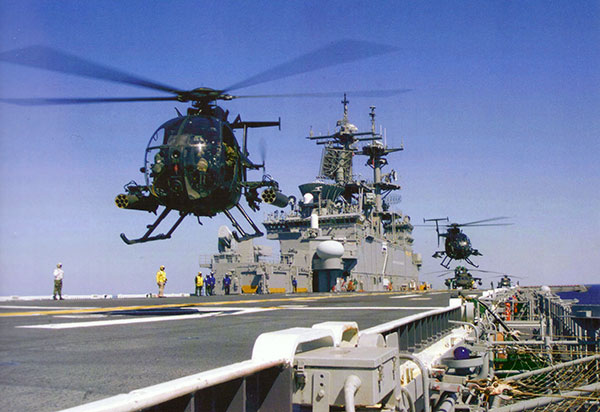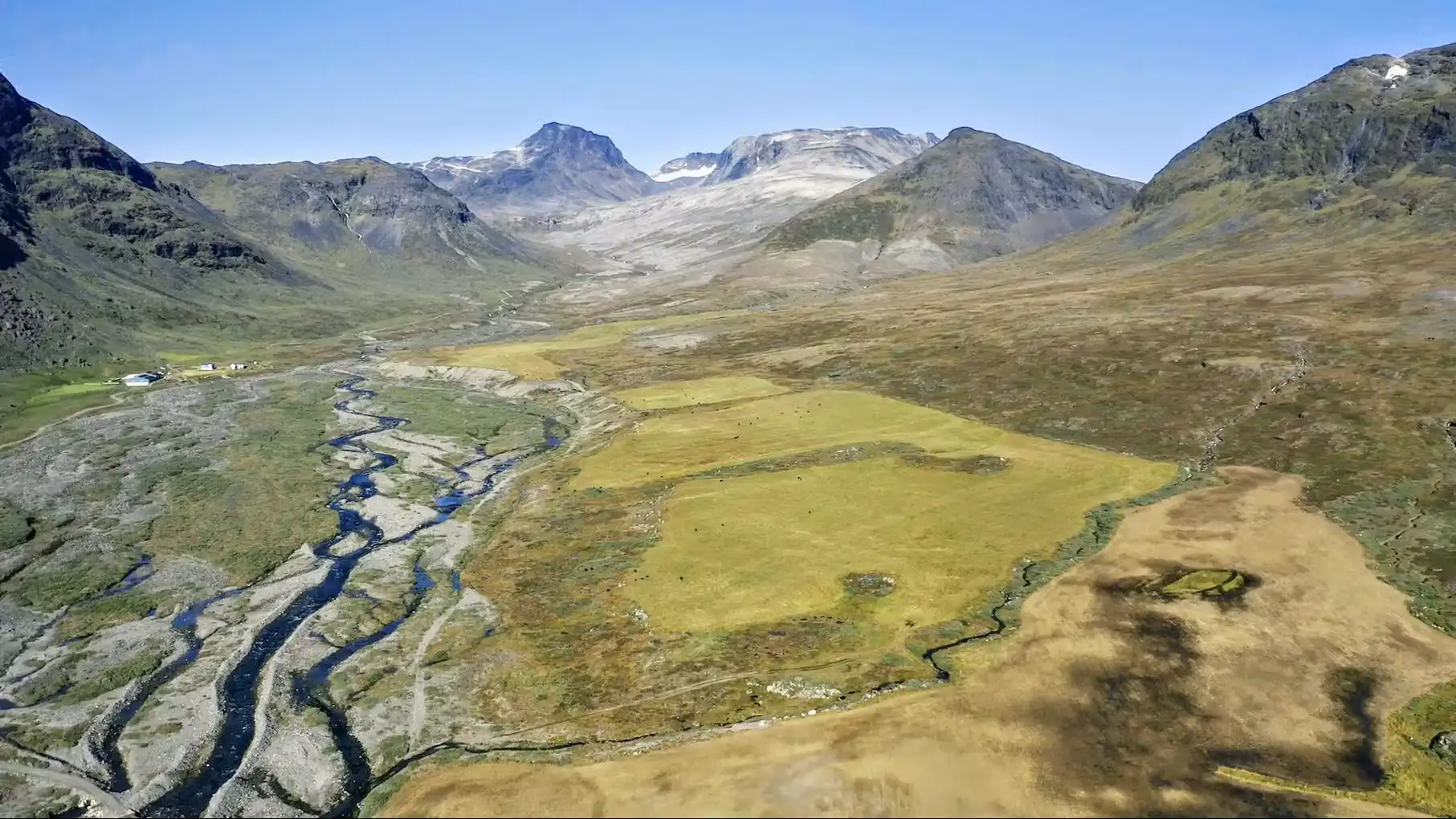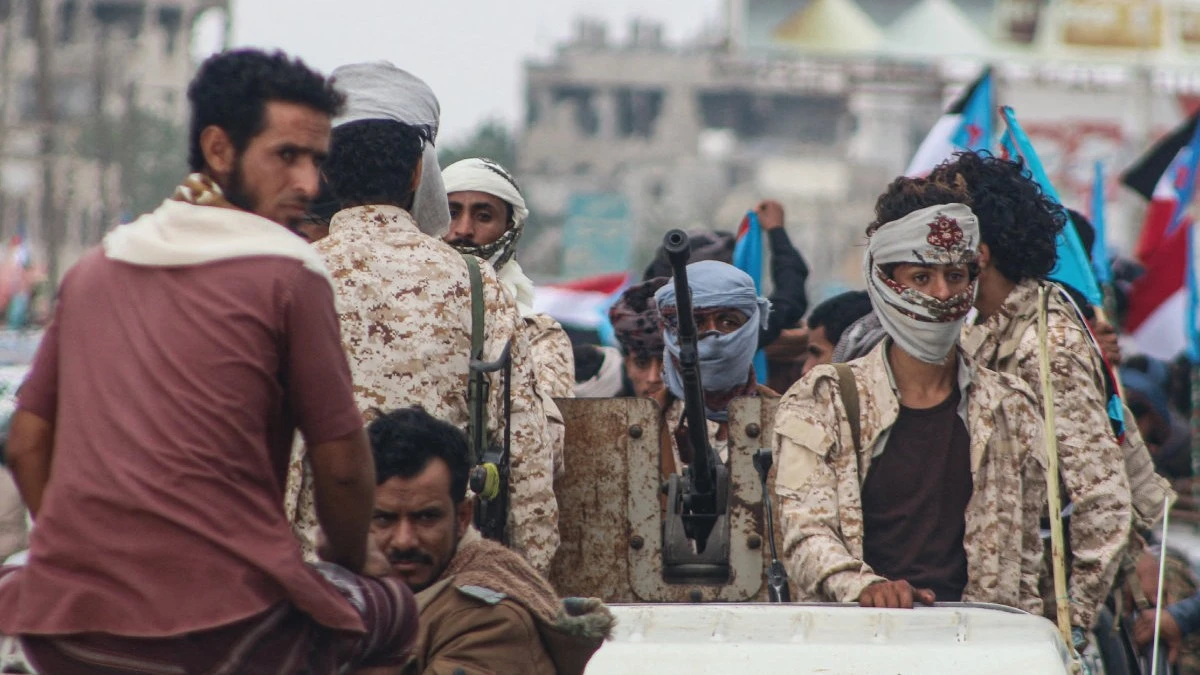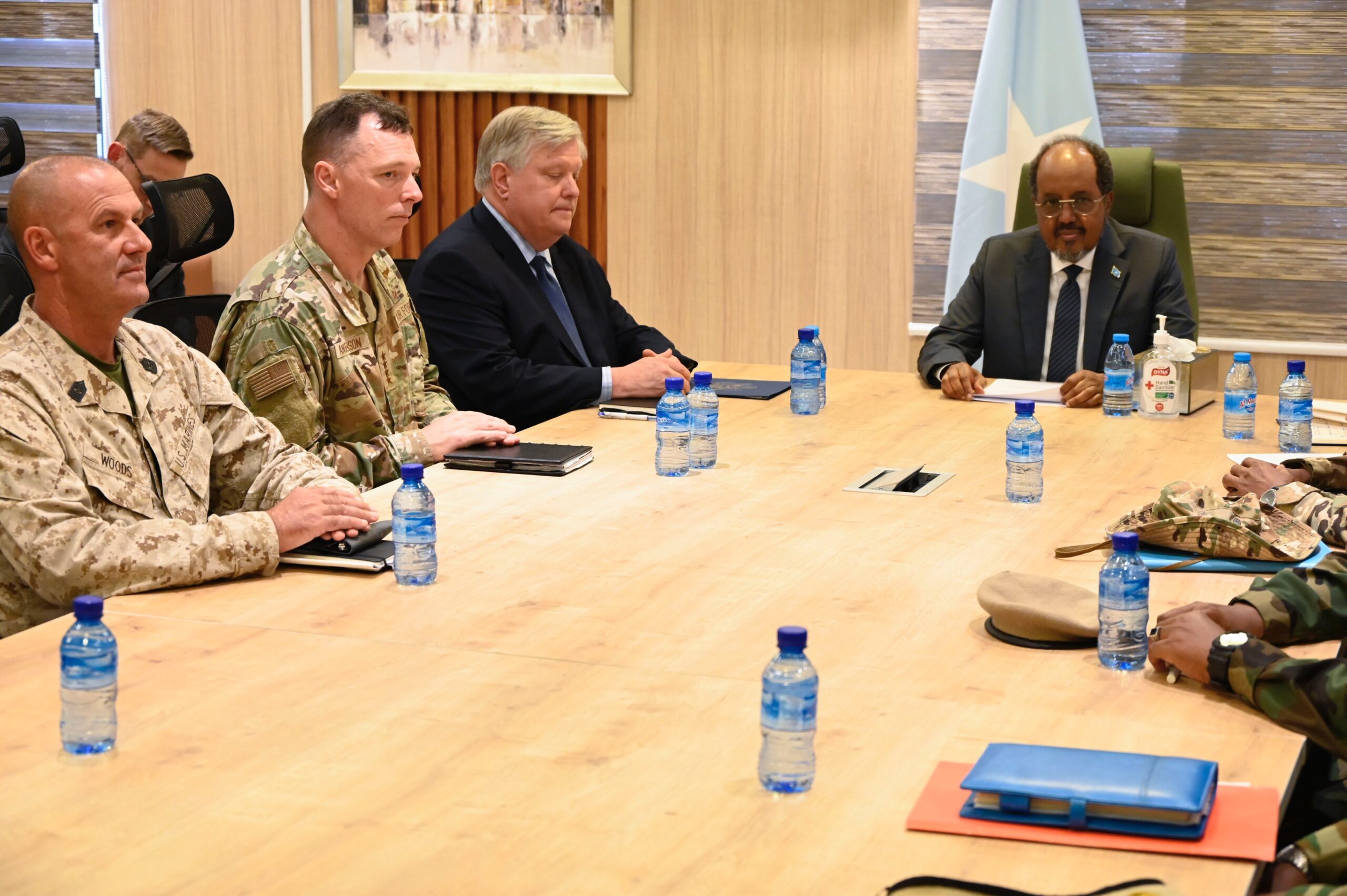Story at a glance…
-
The US military continues bombing boats in international waters accusing them of drug trafficking.
-
The US military buildup has expanded in the Caribbean with an aircraft carrier and special forces helicopter team.
-
Analysts suggest a removal of Maduro would be followed by a democratic transition, just as did not happen in Iraq and Libya.
The US military prosecution of Venezuela has continued through the last week of October, with US forces bombing more unidentified boats and moving additional assets into the region in the form of an aircraft carrier strike group and an elite helicopter-based Special Forces team.
The steadily increasing number of vessels struck in the south Caribbean near Venezuela climbed to 8 before spiking to 14 after US forces also began bombing boats in the Eastern Pacific, near Mexico. Announced by the War Secretary Pete Hegseth yesterday, 4 boats were bombed in a single day, killing 14 and wounding one, whom the Mexican government assumed responsibility for.
As in every previous case, there was no evidence presented to back Hegseth’s claim that these were drug traffickers, nor did the War Department mention from which country the sailors hailed. Declassified footage shows two boats anchored side by side suddenly explode in fire.
Hegseth, just as Trump and Nat. Security Advisor Marco Rubio have done, exclusively referred to the targets on the boats as “narco-terrorists” a yet-to-be-defined term synthesized from two different felonies which do not carry the death penalty in the United States. This hasn’t stopped Administration officials like Hegseth from comparing the men on the boats to al-Qaeda, and the operation to execute them extrajudicially as a parallel to the Global War on Terror.
“The Department has spent over TWO DECADES defending other homelands. Now, we’re defending our own,” Hegseth shared on X. “These narco-terrorists have killed more Americans than Al-Qaeda, and they will be treated the same. We will track them, we will network them, and then, we will hunt and kill them”.
Mexican President Claudia Sheinbaum, who’s struggled to find common ground with her opposite number from the north, said in a press conference last week that she condemned the targeted killings, and has communicated this to the White House.
“There are international laws on how to operate when dealing with the alleged illegal transport of drugs or guns on international waters, and we have expressed this to the government of the United States and publicly,” she said.
The UN, as well, through its Office of the High Commissioner on Human Rights, released a statement condemning the killings and the Trump Administration’s ongoing campaign to topple the government of Venezuelan President Nicolas Maduro. Covert action and threats of using armed force against the Government of Venezuela violate the UN Charter, the UN independent expert George Katrougalos and Special Rapporteurs Ben Saul and Morris Tidball-Binz said on October 21st.
“These actions also violate the fundamental international obligations not to intervene in the domestic affairs or threaten to use armed force against another country. These moves are an extremely dangerous escalation with grave implications for peace and security in the Caribbean region”.
They noted the targeting by US forces of vessels off the Venezuelan coast, alleged to have been involved in narcotics trafficking, and said that “even if such allegations were substantiated, the use of lethal force in international waters without proper legal basis violates the international law of the sea and amounts to extrajudicial executions”.
“Preparations for covert or direct military action against another sovereign State constitute an even graver breach of the UN Charter”.
According to the independent outfit Venezuela Analysis, Alejandro Carranza, a 40-year-old fisherman from Colombia’s northern department of Magdalena, was among those bombed in a September 15th attack on a stranded boat displaying known distress signals in Colombian territorial waters.
“The United States has invaded our national territory, fired a missile to kill a humble fisherman, and destroyed his family, his children,” said the Colombian President Gustavo Petro, a longtime US ally whose country receives millions of dollars in aid from the US. In response, rather than opening an investigation, Trump responded by saying he would ensure Colombia received no more financial assistance and that it would in fact receive a higher tariff rate on all goods exported to the US unless it could get the drug trade in cocaine under control.
The country’s attorney general’s office is believed to have initiated legal proceedings internationally and in US courts. Other survivors of US strikes have been found innocent of drug trafficking charges, including a second Colombian national and an Ecuadorian man.
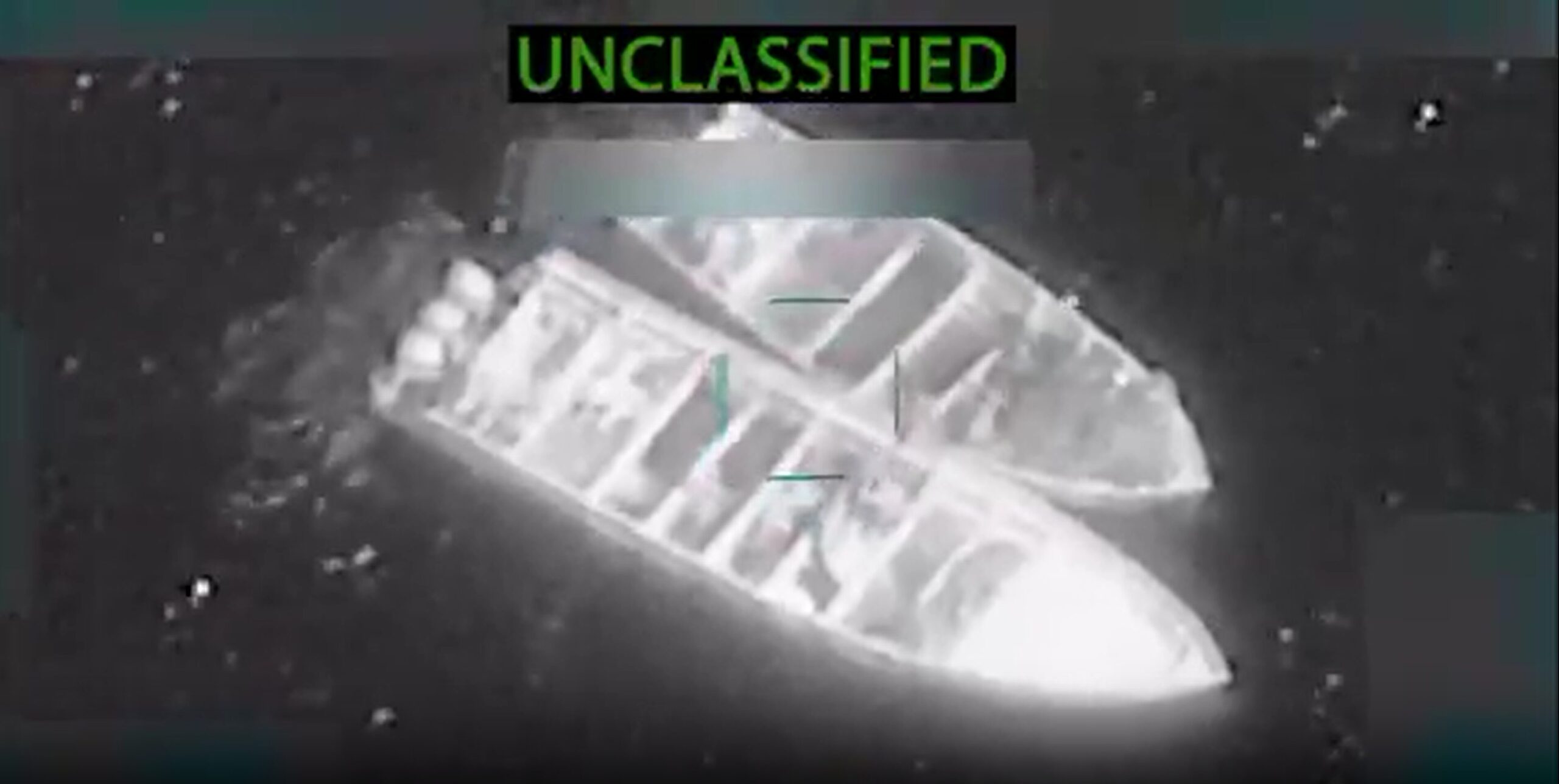
“Slapdash”
Compared to the invasion and occupation of Iraq in 2003 when the US sought to gain UN approval in writing and to substantially propagate the myth that Saddam Hussein possessed weapons of mass destruction and the intention to turn them over to terrorists, this regime change operation is underway with substantially less official decorum.
AP’s Joshua Goodman described the yearslong effort to topple Maduro as “slapdash,” when breaking the story that a former US diplomatic attaché attempted to recruit Maduro’s personal pilot for years, baiting him with promises of extreme wealth if he landed Maduro’s plane where the US could capture him. The plot eventually failed. Coming from three US sources and one Maduro opponent, it culminated in a rather embarrassing media storm that ended with the pilot in question being obviously cleared of suspicion and declared a “kick-ass patriot” by the Venezuelan air force’s chief of staff equivalent.
Slapdash though it may be, thousands of people are at risk of being killed as the Trump Administration, almost certainly guided by Marco Rubio’s personal hatred of Maduro, makes a stiffer attempt to eliminate the South American leader. The President of Venezuela was indicted on drug trafficking and terrorism charges as part of a plot with the Colombian FARC paramilitaries to smuggle guns and cocaine into the US back in 2020 during Trump’s last administration. It coincided with a regime change attempt whereby US backers poured millions of dollars into far-right street fighting political groups which produced a political nobody named Juan Guaido to act as a so-called “interim-president”.
Guaido would attempt a failed street putsch, flee to a city on the border with Colombia, amass millions more in Washington money which was spent on lavish parties and luxury watches, before eventually losing his seat in the National Assembly, leaving for the US, and fading from influence.
This episode was accompanied by crippling sanctions which killed an estimated 40,000 people between 2017 and 2018 in the country through a lack of medicine and food entering Venezuela.
“This kind of action does nothing to help a negotiated solution — something that’s already really difficult,” said Roberta Jacobson, who served as the State Department’s top diplomat for Latin America until 2018, in regards to the 2020 indictment that came with $55 million in total rewards for information leading to the capture of Maduro and 14 members of his inner circle.
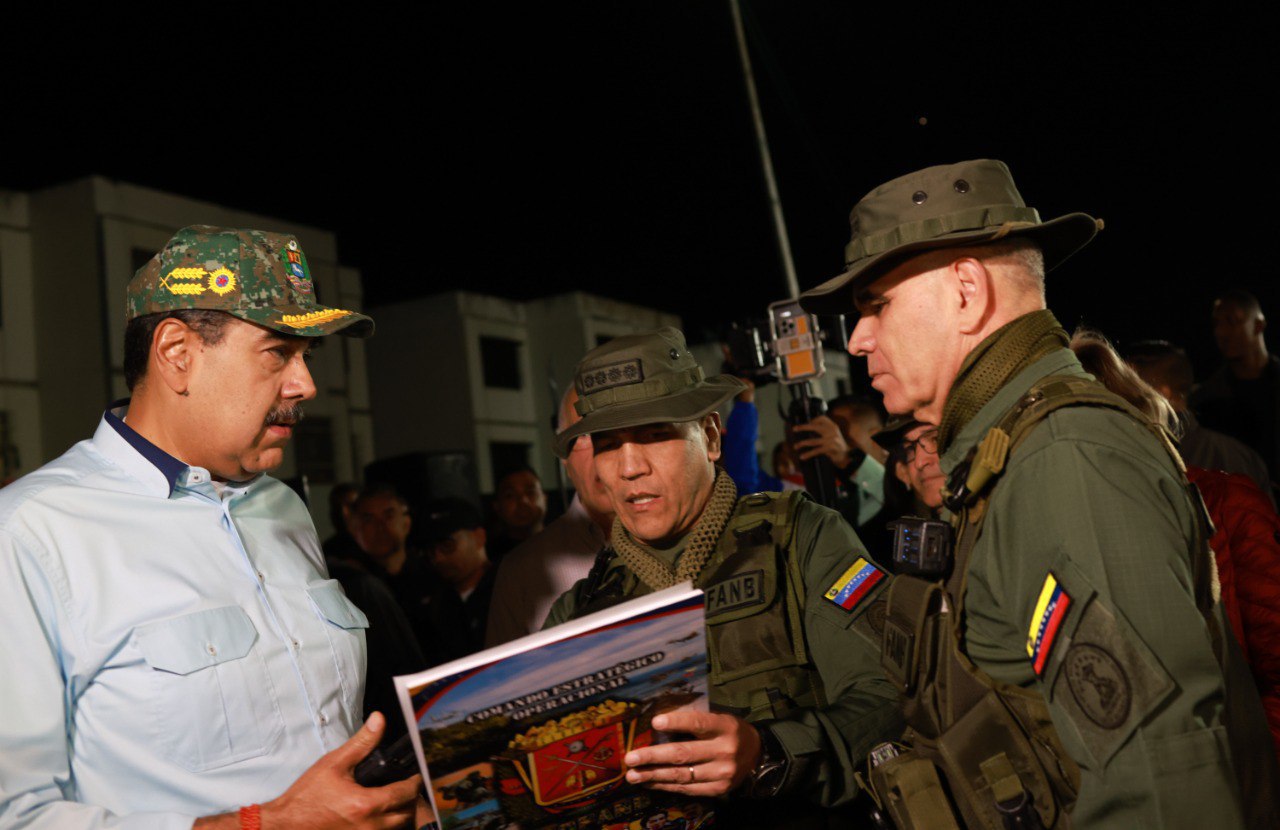
Continuing military buildup
An advisor to Mike Pompeo, who served as President Trump’s second Secretary of State during his first term, explained to The Guardian that he doesn’t see a way in which Maduro stays in power and the situation carries on “as it had before”.
“I’m inclined to believe that … if we arrive at end of November [or] early December and there’s not a good deal or a resolution with the military taking this into their own hands … [then] the president very well could pull the trigger and do the operation,” the advisor, Robert Evan Ellis, explained.
Ellis also took a stab at what that might look like, and suggested that the operation could be a “decapitation… paving the way for a democratic transition”.
But the country is in no position for a democratic transition, no more than Libya was 14 years ago when Hilary Clinton and Barack Obama co-opted NATO forces to facilitate the overthrow of Moammar Ghaddafi; no more than Iraq was in 2003 after Bush Jr. Administration officials claimed democracy would “sweep the region”.
Venezuela is one of the most wealthy countries in the world in terms of natural resources, but such a “resource curse” rarely translates to stable national politics, as any political power vacuums double as exceptionally lucrative business opportunties. Additionally, regardless of what Ellis or Rubio might say, the public support for Bolivarian socialism is concrete, if not overwhelming, and any attempt to oust them militarily would spawn left-wing militia resistance—of which many already exit, organized by the national army itself.
Yet further there is the famous “rally around the flag effect” whereby the regime’s detractors can often become its defenders when it’s attacked by hostile outsiders like the US. This has been seen many times in previous regime change attempts, most recently during the 12 days of bombing between Iran and Israel/US—support for the Iranian regime suddenly skyrocketed.
The Trump Administration seems resolved to make an attempt on Caracas, though, with the previous detachment of 8 warships, a submarine, 10 F-35 fighter jets, and some 4,500 sailors and marines being recently reinforced by a US aircraft carrier strike group and the so-called “Night Stalkers,” an elite helicopter team from the secretive 160th Special Operations Aviation Regiment (SOAR). Their preferred vehicle, the MH-6 Little Bird helicopter, has been spotted among US deployed forces in the Caribbean.
Along with dropping off the Delta Forces in Pakistan to kill Osama bin-Laden, the Night Stalkers piloted helicopters during the US invasions of Grenada and Panama in the 1980s. It’s also the same team that got shot down over Mogadishu in an event that became immortalized in the Hollywood military drama Black Hawk Down. Speaking with The Guardian, Andrés Izarra, a former government minister under Maduro’s predecessor Hugo Chavez, who now lives in exile, said a raid by the Night Stalkers on Caracas would look more like Mogadishu than Panama City.
“How are you going to get a Black Hawk to operate in Venezuela, where anyone can have an Igla and bring it down?” Izarra said rhetorically, referring to the Igla surface-to-air, shoulder-mounted missile launcher. “They’re going to turn Caracas into Mogadishu”. WaL
We Humbly Ask For Your Support—Follow the link here to see all the ways, monetary and non-monetary.
PICTURED ABOVE: An MH-6 Little Bird helicopter takes off from a US aircraft carrier during operations in Somalia in 2009. PC US DoD.
